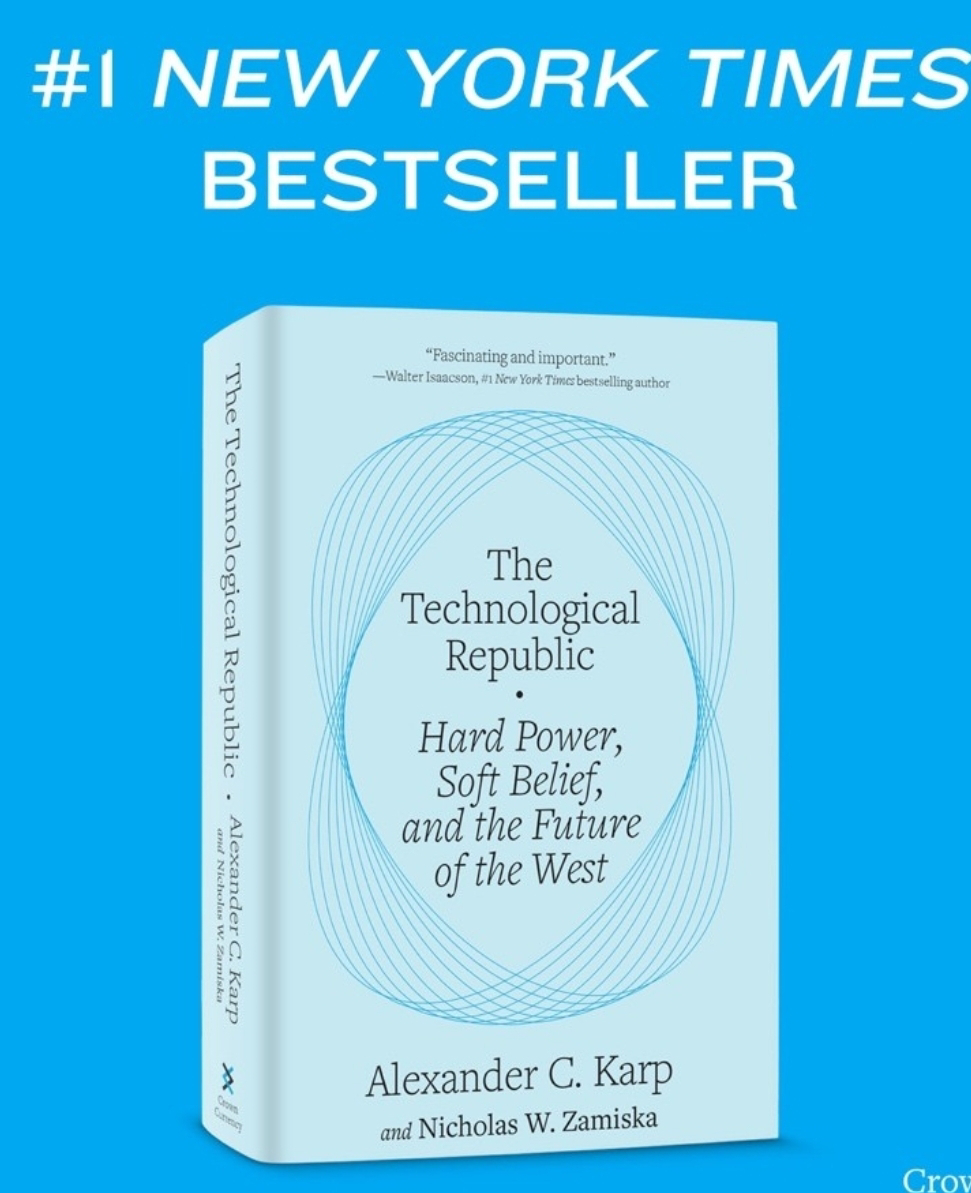Book review: "The Technological Republic: Hard Power, Soft Belief, and the Future of the West"
Book review: "The Technological Republic: Hard Power, Soft Belief, and the Future of the West" explores the complex interplay between technological advancement, societal values, and geopolitical power, particularly within the context of the Western world. It posits that the West's future hinges on its ability to navigate the challenges posed by its own technological prowess and the shifting landscape of global influence.
The concept of a "Technological Republic" suggests a society deeply intertwined with technology, where technological innovation shapes not only material progress but also social structures, political discourse, and individual identities. This intertwining creates a unique form of "hard power," where technological superiority translates into military, economic, and informational dominance. The West, historically at the forefront of technological development, has leveraged this hard power to maintain its global position.
However, the book argues that hard power alone is insufficient for long-term stability and influence. The West also requires "soft belief," a shared set of values, narratives, and cultural norms that foster social cohesion and inspire global admiration. This soft power, built on principles like democracy, human rights, and individual liberty, has historically been a significant asset for the West.
The core tension explored is the potential erosion of soft belief in the face of rapid technological change. The proliferation of information technology, for instance, has led to the fragmentation of public discourse, the rise of misinformation, and the erosion of trust in traditional institutions. Social media algorithms, designed to maximize engagement, often amplify divisive content, exacerbating societal polarization.
Moreover, the increasing automation of labor and the rise of artificial intelligence raise fundamental questions about the nature of work, the distribution of wealth, and the meaning of human existence. These changes challenge traditional Western values centered on individual achievement and economic mobility, potentially leading to widespread disillusionment and social unrest.
The book also addresses the geopolitical implications of the Technological Republic. The rise of non-Western powers, particularly China, which are rapidly closing the technological gap, presents a significant challenge to Western dominance. These nations often have different cultural values and political systems, and their technological advancements may be used to promote alternative models of governance and social organization.
The West's response to these challenges will determine its future trajectory. The book suggests that a successful strategy requires a renewed commitment to fostering soft belief, alongside maintaining technological leadership. This involves several key elements:
Rebuilding Trust: Addressing the crisis of trust in institutions by promoting transparency, accountability, and ethical governance.
Promoting Digital Literacy: Equipping citizens with the critical thinking skills necessary to navigate the complexities of the digital age.
Investing in Social Cohesion: Addressing economic inequality and fostering a sense of shared purpose and belonging.
Ethical Technological Development: Establishing clear ethical guidelines for the development and deployment of new technologies, particularly artificial intelligence.
Strengthening International Cooperation: Working with allies and partners to promote shared values and address global challenges.
The book contends that the West must adapt its traditional model of power to the realities of the 21st century. It must move beyond a narrow focus on material power and embrace a more holistic approach that integrates technological innovation with ethical considerations and cultural values.
Ultimately, "The Technological Republic" serves as a cautionary tale and a call to action. It warns of the dangers of unchecked technological advancement and the erosion of social cohesion, while also highlighting the potential for a more just and equitable future. By embracing a balanced approach to hard power and soft belief, the West can navigate the challenges of the Technological Republic and secure its place in the world.




Comments
Post a Comment